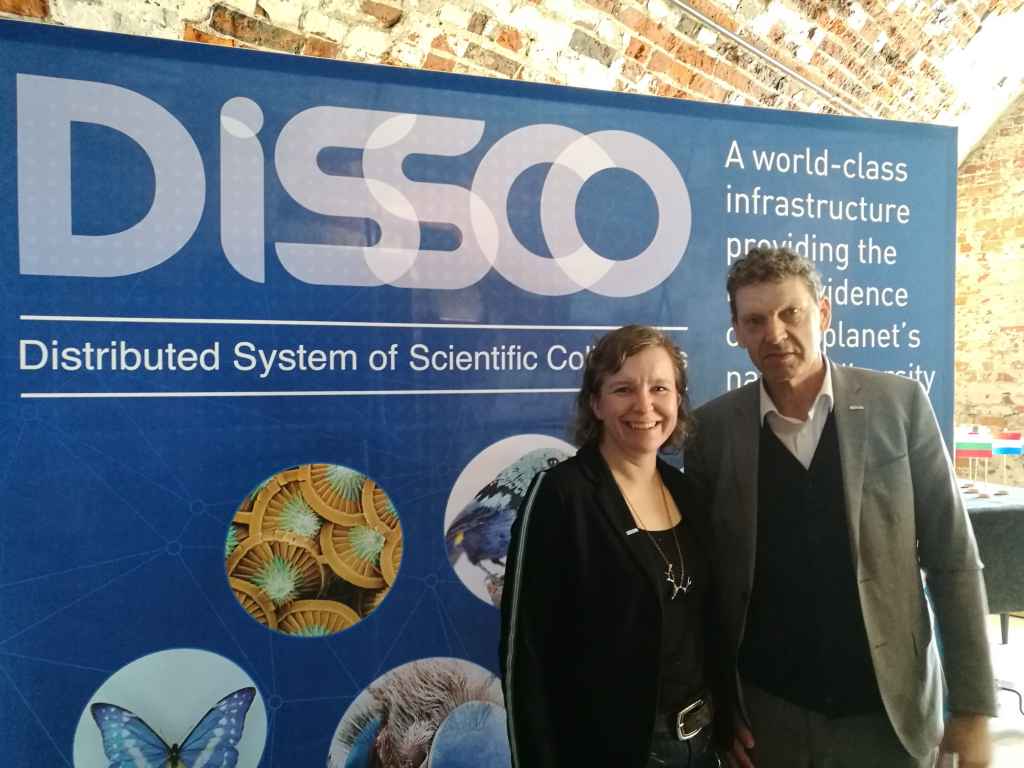Aino Juslén elected as vice-chair of DiSSCo General Assembly

The Distributed System of Scientific Collections (DiSSCo) is a new world-class Research Infrastructure (RI) for natural science collections. Dr. Aino Juslén, Director of the Zoology Unit from The Finnish Museum of Natural History Luomus, was elected as vice-chair of the DiSSCo General Assembly at the end of February. The chair is Director General Edwin van Huis from Naturalis Biodiversity Center, Leiden, The Netherlands.
The DiSSCo RI works for the digital unification of all European natural science assets under common curation and access policies and practices that aim to make the data easily Findable, more Accessible, Interoperable and Reusable (FAIR). As such, DiSSCo enables the transformation of a fragmented landscape of the crucial natural science collections into an integrated knowledge base that provides interconnected hard evidence on the natural world.
“It is truly inspiring to be involved in the development of the European collection research infrastructure and the promotion of open data as a vice-chair of the General Assembly. Scientific collections have served research for centuries, but with digitalisation we are able to serve society´s goals of sustainable development even more widely”, comments Aino Juslén.
DiSSCo represents the largest ever formal agreement between natural history museums, botanical gardens and collection-holding universities in the world. DiSSCo was selected to the RI roadmap of the European Strategy Forum for Research Infrastructures ESFRI in 2018. It aims to be operational in 2025.
The Finnish Museum of Natural History Luomus, part of University of Helsinki, has been very active in promoting DiSSCo through leading DiSSCo’s design study ICEDIG. Luomus also chairs the Finnish consortium of five institutions that joined DiSSCo’s General Assembly as a full member in the inaugural meeting hosted by Luomus in Helsinki in the seafortress of Suomenlinna, on February 28, 2020.
More information: Distributed System of Scientific Collections